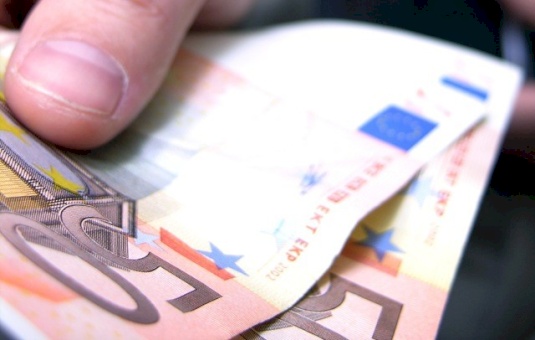
Transparency International has just issued another reminder about a chronic problem which has troubled us for years. Turkey does not get good marks on corruption indexes. There’s no need to go back into ancient history, but our country has long been afflicted by this malady. Once upon a time we suffered from chronic hyperinflation too, but thankfully we were able to defeat that monster. We do not seem to have had comparable success, however, with inflation. We have strong governing authorities, we can issue and enforce laws, our democracy steadily improves, but somehow we still can’t manage to roll back corruption. Granted, there is some improvement: research from Transparency International shows that in the last decade--Turkey rose from 77th place to 54th among countries least affected by corruption. These figures, like insulin resistance in the blood, may not elicit a sense of urgency, but they can still do serious damage.
The research by Transparency International indicates that last year in Turkey 21% of those who received services from institutions and organizations paid a bribe. Turkey’s company in this range are Tunisia (18%), Slovakia (21%) Greece (22%), and Armenia (18%). In contrast, the rates for the UK and the U.S. are 5% and 7%, respectively. Leading the anti-corruption table are Japan, Finland, and Denmark—all tied at 1%. If one then recalls that corruption is particularly a problem in the allocation of public resources and for people who regularly deal with the public sector in the course of their work, it becomes clear that corruption is a major factor preventing countries from developing at their desired rates.
Drafting a new constitution is one of the top items on the national agenda. This latest data calls attention to Turkey’s need for a more transparent administrative structure--one in which institutions are easier to inspect and more accountable. There is a consensus among economists that eliminating corruption, whether in the supervision of public finance or in the provision of public services, would greatly strengthen Turkey’s economic performance. Yesterday, journalist Taha Akyol published a newspaper article observing that the Turkish Constitutional Court’s repealing of the Law on the High Court of Auditors could have transformative implications as far as transparency and accountability are concerned.
It is a medical fact that over time insulin resistance leads to problems throughout the entire body. For Turkey, getting out of the group of underdeveloped or developing countries for whom corruption is a fact of life is more than just a positive step. It is also essential if Turkey is to meet its commitment of becoming one of the world’s ten largest economies by its target date of 2023, the hundredth anniversary of the Turkish Republic. In order for Turkey to escape the economic problems associated with widespread corruption, it is essential that it brings the bribery rate down below 10%.
If we in Turkey want to take our place in the league of advanced industrial countries, we must match their performance in the struggle against corruption.
*turkishweekly.net
